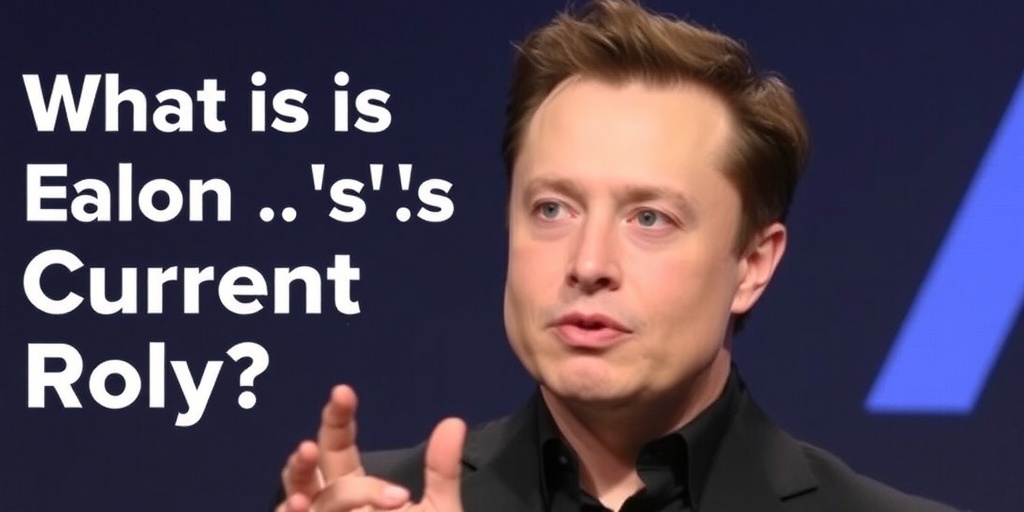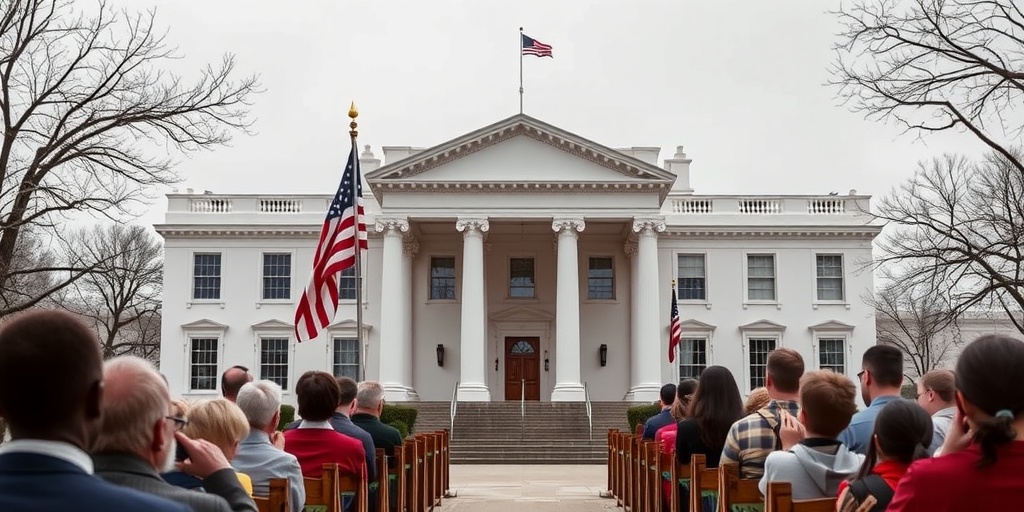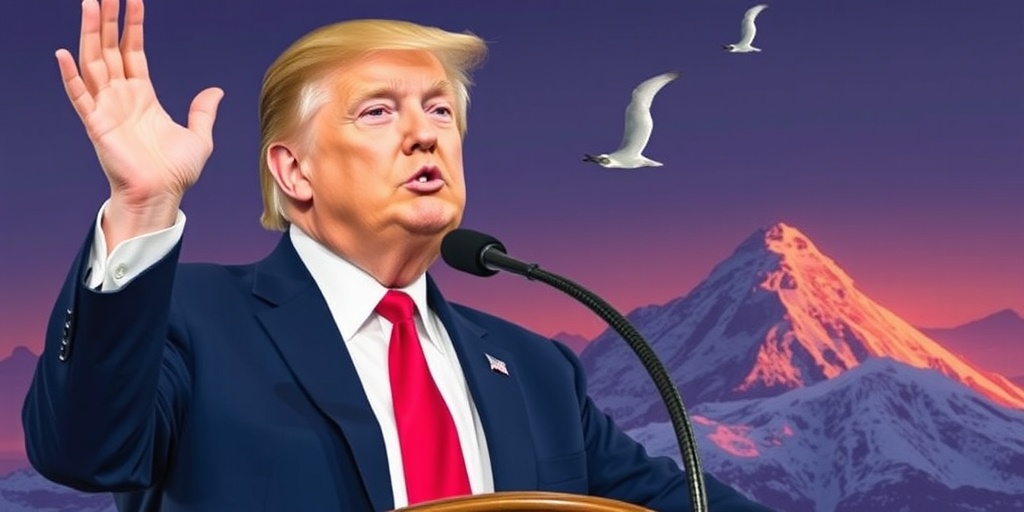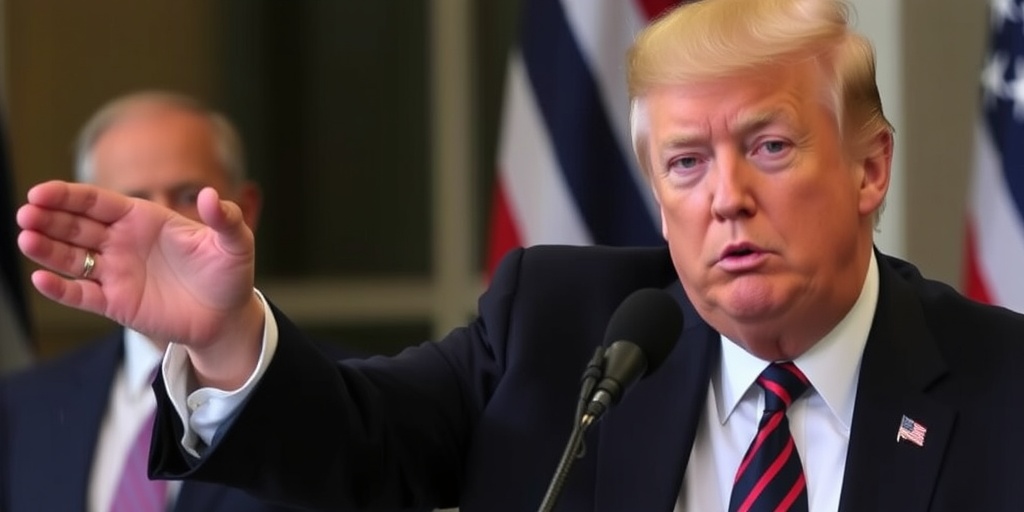Now Reading: Cornell Student Facing Deportation Exits U.S.
-
01
Cornell Student Facing Deportation Exits U.S.
Cornell Student Facing Deportation Exits U.S.

Cornell Ph.D. Student Leaves U.S. Amid Deportation Threat for Pro-Palestinian Activism
In a notable development on the ongoing discourse surrounding free speech and immigration policy in the United States, Momodou Taal, a British-Gambian Ph.D. student at Cornell University, confirmed on Monday that he has departed the United States. This decision comes against the backdrop of an intense legal struggle connected to his involvement in pro-Palestinian protests, which has drawn the attention of federal immigration authorities.
Mr. Taal had faced serious repercussions from Cornell University for his activism. He was reportedly suspended multiple times due to his participation in protests that the university deemed unruly. His engagement in these activities is part of a larger narrative of scrutiny on international students amid heightened tensions related to the ongoing Israel-Palestine conflict. Taal is among at least nine international students who have come under threat of removal by the Trump administration, specifically for actions labeled as antisemitic.
Despite not being detained unlike some of his peers, Taal had initiated legal proceedings to contest the deportation efforts against him. He claimed that federal Immigration and Customs Enforcement (ICE) officials visited his residence and revoked his visa, a move that prompted him to take decisive action regarding his future in the U.S.
In a statement shared on the social media platform X, Mr. Taal expressed his determination amid the challenging circumstances. “I took the decision to leave the United States, free and with my head held high,” he wrote. His remarks reflect a profound disillusionment with the legal system, as he indicated a diminished belief that a favorable court ruling could ensure his personal safety and right to express his political beliefs. Taal emphasized that his situation is not unique; he warned that other students might also find themselves at risk if current immigration policies remain in effect.
Momodou Taal had emerged as a prominent figure in pro-Palestinian activism on Cornell’s campus, where he participated in a tent protest aimed at pressuring the university to divest its holdings from companies believed to support Israel’s military operations against Hamas. The protests gained particular urgency after the escalation of violence that ensued when Hamas attacked Israel on October 7, 2023, a day that marked the beginning of the latest Israeli-Hamas conflict. On that very day, Taal publicly voiced his support for the resistance, stating, “Glory to the Resistance,” underscoring the deep entanglement of social justice activism and international politics.
In response to rising tensions on college campuses, the Trump administration has implemented significant measures aimed at curtailing what it terms “unlawful antisemitic harassment and violence.” In January, President Trump signed an executive order outlining that the U.S. would utilize “all available and appropriate legal tools” to deport individuals engaging in such conduct. The directive marked a significant broadened scope for how immigration enforcement could be employed against students involved in political activism.
The treatment of international students has ignited debates about civil liberties in the United States, with many civil rights advocates labeling the broader deportation efforts as one of the most significant assaults on free speech seen in the nation for decades. In addition to Mr. Taal, several other students, such as Mahmoud Khalil from Columbia University and Yunseo Chung, who has been a legal permanent resident, have faced similar threats from the Immigration and Customs Enforcement agency.
Officials from the Trump administration have repeatedly reinforced the notion that holding a visa is a privilege rather than a right, a sentiment that has provoked widespread criticism from civil rights organizations. This stance raises serious questions about the balance between national security concerns and the protection of free speech rights essential to the educational environment in American universities.
As Mr. Taal prepares for the next chapter of his life away from Cornell, the implications of his departure resonate far beyond his individual circumstances. His case stands as a testament to the complexities and challenges that international students face when their activism intersects with contentious geopolitical issues. While Taal continues to lend his voice to the Palestinian cause, his experiences serve as a cautionary tale for students and advocates navigating the turbulent waters of activism under increasingly restrictive immigration policies in the U.S.
Stay Informed With the Latest & Most Important News
Previous Post
Next Post
-
 01New technology breakthrough has everyone talking right now
01New technology breakthrough has everyone talking right now -
 02Unbelievable life hack everyone needs to try today
02Unbelievable life hack everyone needs to try today -
 03Fascinating discovery found buried deep beneath the ocean
03Fascinating discovery found buried deep beneath the ocean -
 04Man invents genius device that solves everyday problems
04Man invents genius device that solves everyday problems -
 05Shocking discovery that changes what we know forever
05Shocking discovery that changes what we know forever -
 06Internet goes wild over celebrity’s unexpected fashion choice
06Internet goes wild over celebrity’s unexpected fashion choice -
 07Rare animal sighting stuns scientists and wildlife lovers
07Rare animal sighting stuns scientists and wildlife lovers





















